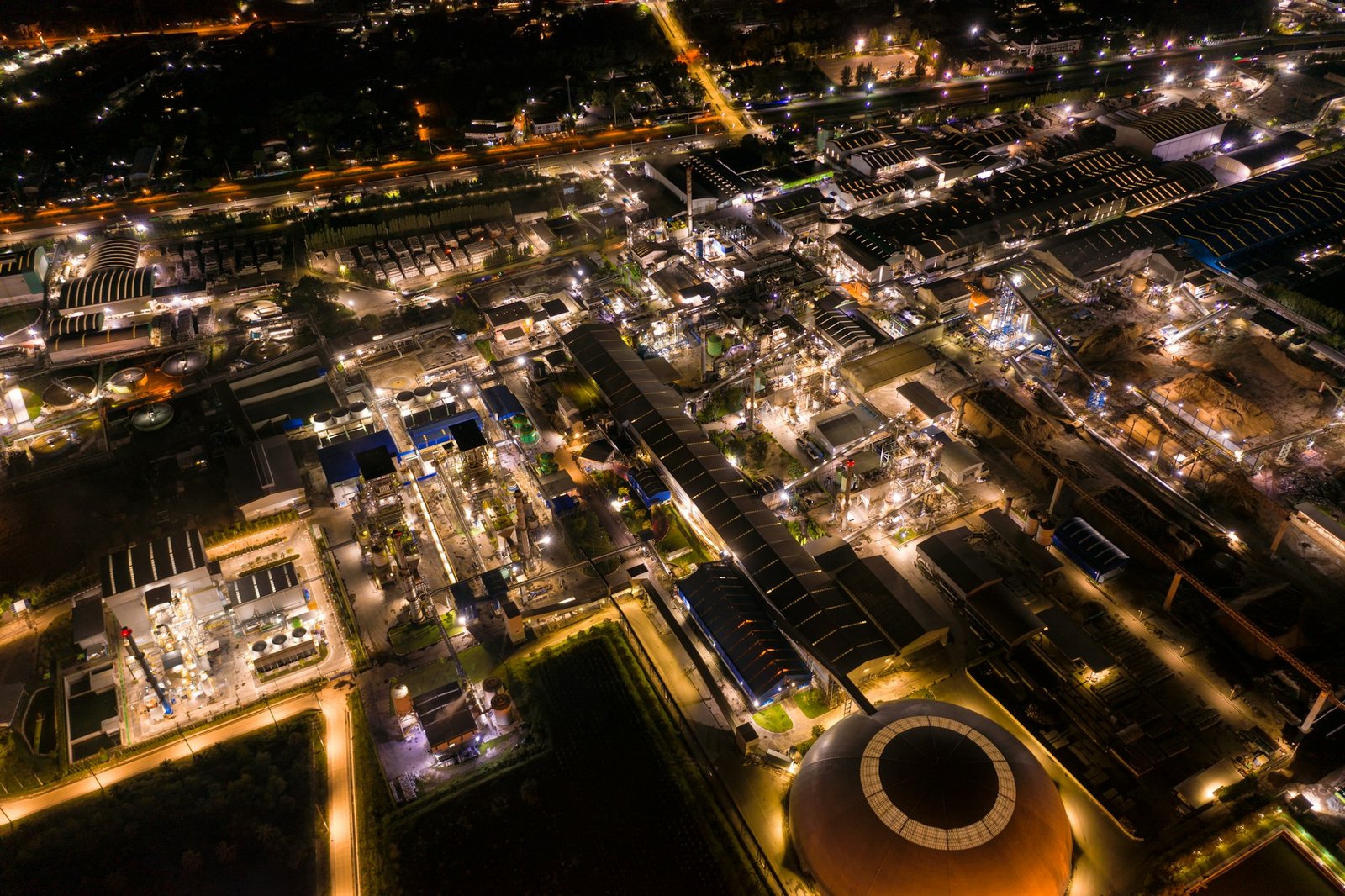Introduction
In the fast-paced world of specialty chemicals, innovation is the driving force behind progress and competitiveness. From cutting-edge materials to sustainable solutions, the industry is witnessing game-changing advances that are reshaping the way we think about chemistry. Let’s shine a spotlight on some of the most exciting innovations that are propelling the specialty chemicals sector forward.
The Era of Advanced Materials
Advanced materials are at the forefront of innovation in the specialty chemicals industry, offering enhanced performance, durability, and functionality. One notable example is graphene, a two-dimensional carbon allotrope with remarkable properties such as high conductivity, strength, and flexibility. Graphene-based materials are revolutionizing industries ranging from electronics and energy storage to aerospace and automotive.
Moreover, advancements in nanotechnology are unlocking new possibilities in material design and engineering. Nanomaterials such as carbon nanotubes and quantum dots are being used to develop lightweight composites, high-efficiency catalysts, and novel drug delivery systems, among other applications. These materials hold immense potential for addressing global challenges and driving technological breakthroughs.
Sustainable Solutions for a Greener Future
Sustainability is a key driver of innovation in the specialty chemicals sector, with companies increasingly focusing on eco-friendly alternatives and green manufacturing processes. Bio-based chemicals derived from renewable feedstocks are gaining traction as sustainable substitutes for conventional petrochemicals. These biobased products offer comparable performance while reducing greenhouse gas emissions and dependence on fossil fuels.
Furthermore, green chemistry principles are guiding the development of safer, more environmentally benign chemicals and processes. From solvent-free reactions to catalytic transformations, sustainable chemistry approaches are enabling the production of specialty chemicals with minimal environmental impact. By embracing sustainability, companies can not only meet regulatory requirements but also gain a competitive edge in the market.
Digitalization and Industry 4.0 Integration
Digitalization is transforming the specialty chemicals industry, ushering in a new era of efficiency, transparency, and connectivity. Industry 4.0 technologies such as artificial intelligence, machine learning, and Internet of Things (IoT) are being deployed to optimize production processes, improve quality control, and enhance supply chain management.
For example, predictive analytics and real-time monitoring systems enable proactive maintenance and predictive maintenance, minimizing downtime and maximizing productivity. Similarly, digital twins simulate chemical processes and predict outcomes, allowing for virtual experimentation and optimization. By harnessing the power of digitalization, companies can unlock new insights, drive innovation, and stay ahead of the curve in an increasingly competitive market.
FAQs: Addressing Common Queries
Q1: What are specialty chemicals?
Specialty chemicals are high-value, low-volume chemicals that are used for specific applications, such as pharmaceuticals, agrochemicals, and electronic materials. Unlike commodity chemicals, which are produced in large volumes for general use, specialty chemicals are tailored to meet the unique requirements of individual industries and applications.
Q2: How are specialty chemicals developed?
Specialty chemicals are developed through a process of research, development, and testing. Chemists and chemical engineers work together to design molecules and formulations that possess specific properties and functionalities. These chemicals undergo rigorous testing to ensure they meet performance standards and regulatory requirements before being brought to market.
Q3: What role does innovation play in the specialty chemicals sector?
Innovation is the driving force behind progress and competitiveness in the specialty chemicals sector. Companies invest in research and development to create new products, improve existing ones, and develop sustainable solutions that address evolving market needs and challenges.
Q4: How do sustainable solutions contribute to the specialty chemicals industry?
Sustainable solutions are becoming increasingly important in the specialty chemicals industry, as companies seek to reduce their environmental footprint and meet regulatory requirements. Bio-based chemicals, green manufacturing processes, and sustainable chemistry principles are helping to create products that are safer, more environmentally friendly, and more competitive in the market.
Q5: What are some examples of innovative specialty chemicals?
Examples of innovative specialty chemicals include graphene-based materials, nanocomposites, biobased chemicals, and green solvents, among others. These products offer enhanced performance, sustainability, and functionality, driving technological advancements and market growth in the specialty chemicals sector.





